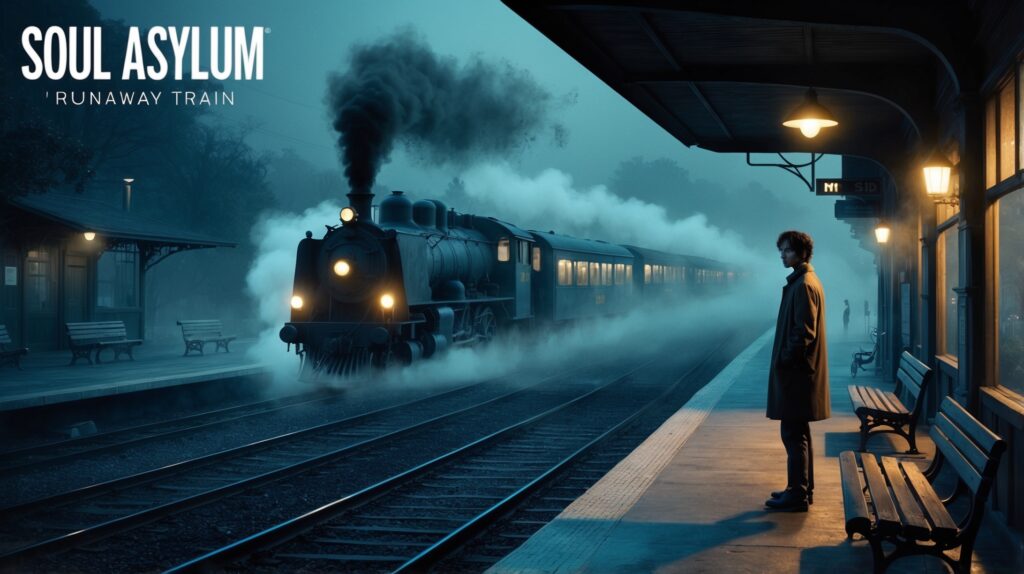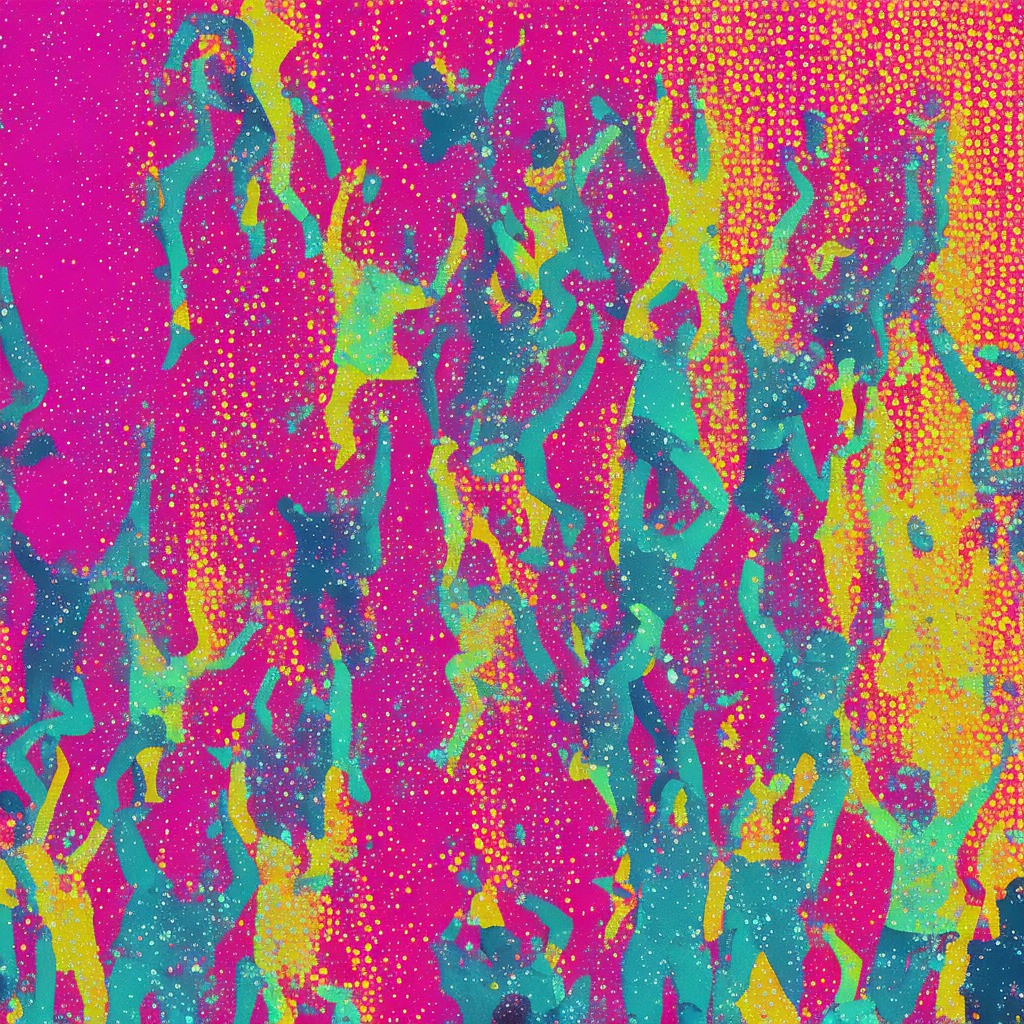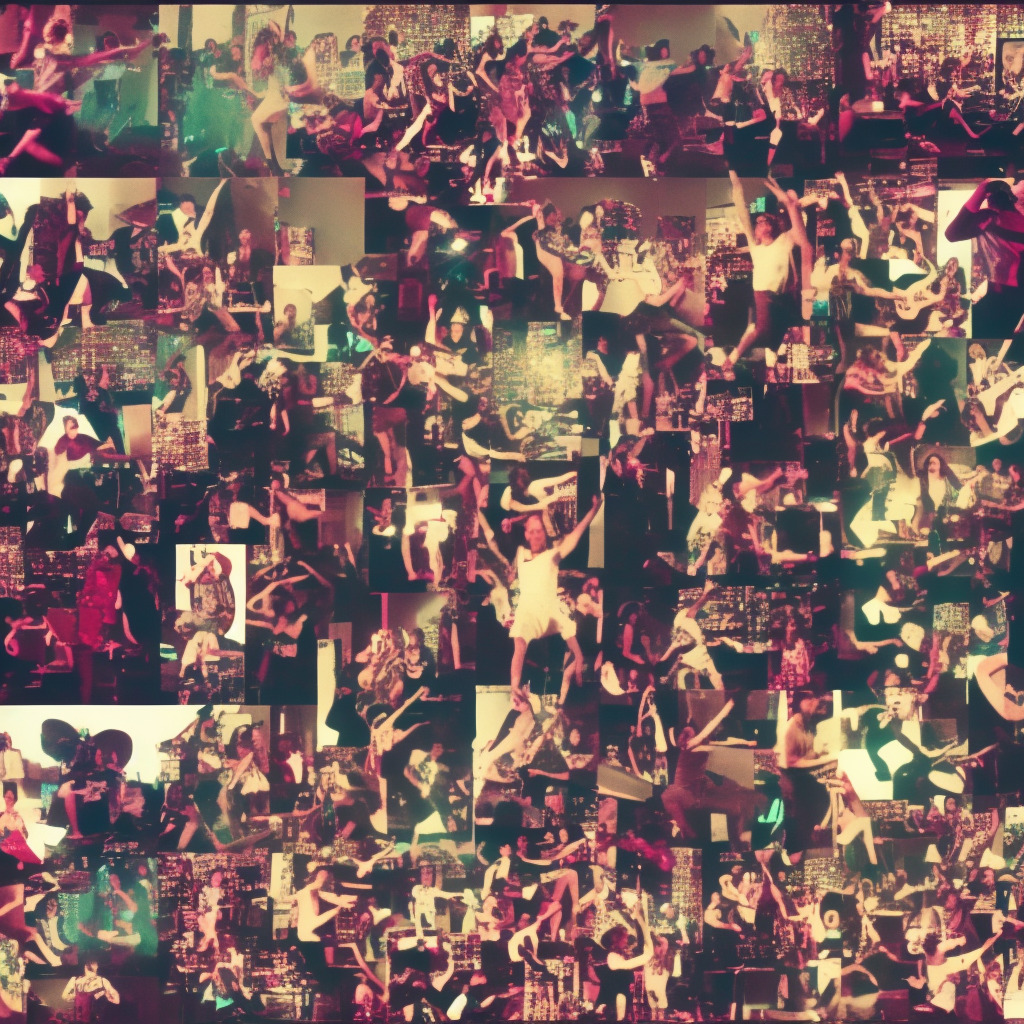Soul Asylum: From Alternative Roots to International Fame
Explore Soul Asylum’s rise to fame with “Runaway Train” and their influence on the 90s alternative scene.
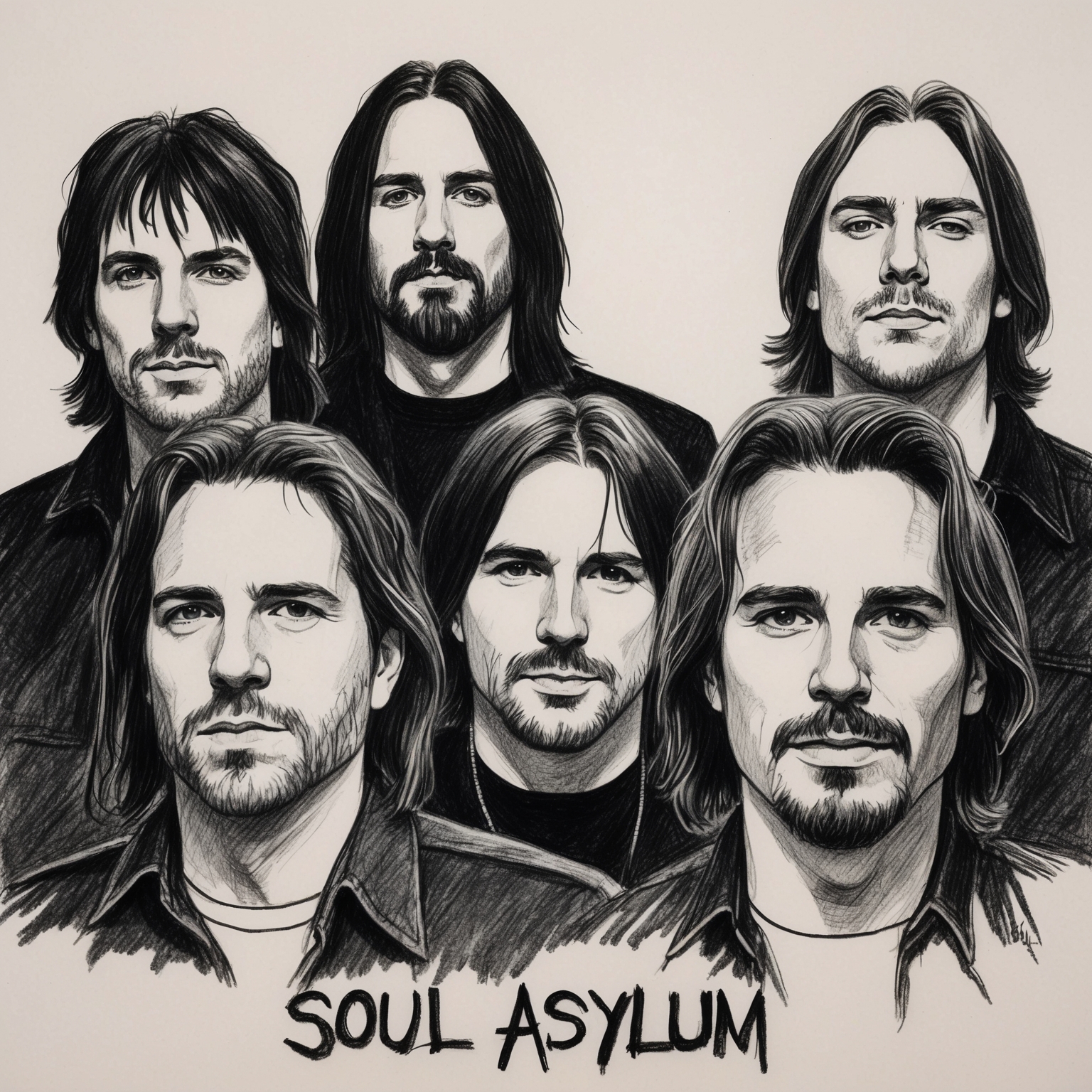
Soul Asylum, an American rock band that originated in Minneapolis, Minnesota, emerged as a formidable presence in the rock scene, blending elements of punk, alternative, and grunge to create a distinctive sound. Formed in 1981, the band originally known as Loud Fast Rules was fronted by the charismatic Dave Pirner. Their journey from humble beginnings to achieving mainstream success felt almost symbolic of their raw, gritty, and, at times, melancholic soundscape. “Runaway Train,” released in 1992, became one of their most defining tracks, resonating deeply with audiences across the globe and marking a pivotal point in their career.
The era surrounding the release of “Runaway Train” was a dynamic time for Soul Asylum. In the early 1990s, the music scene was witnessing a shift, with grunge and alternative rock taking center stage. Soul Asylum, riding this wave, managed to carve out their niche, capturing themes both personal and universal. The hauntingly poignant “Runaway Train” not only catapulted them to international acclaim but also highlighted Pirner’s introspective lyrical style, a reflection of his personal struggles and observations of the world.
During the height of their success, the band’s composition boasted seasoned musicians. Besides Pirner, the lineup included guitarist Dan Murphy, bassist Karl Mueller, and drummer Grant Young. Their creative synergy was evident in the way their music effortlessly translated complex emotions into melodies that were both captivating and relatable. While “Runaway Train” is often credited for bringing them into the spotlight, it was the culmination of years of dedication and passion that truly defined their journey. Soul Asylum may have collaborated occasionally, but it was their chemistry as a band that drove the unique sound that resonated in a rapidly evolving music landscape.
The Creative Genius Behind ‘Runaway Train’
Explore the musical genius of David Pirner, the composer behind Soul Asylum’s hit ‘Runaway Train’. Discover his influences, collaborations, and compositional contributions that crafted this iconic song.
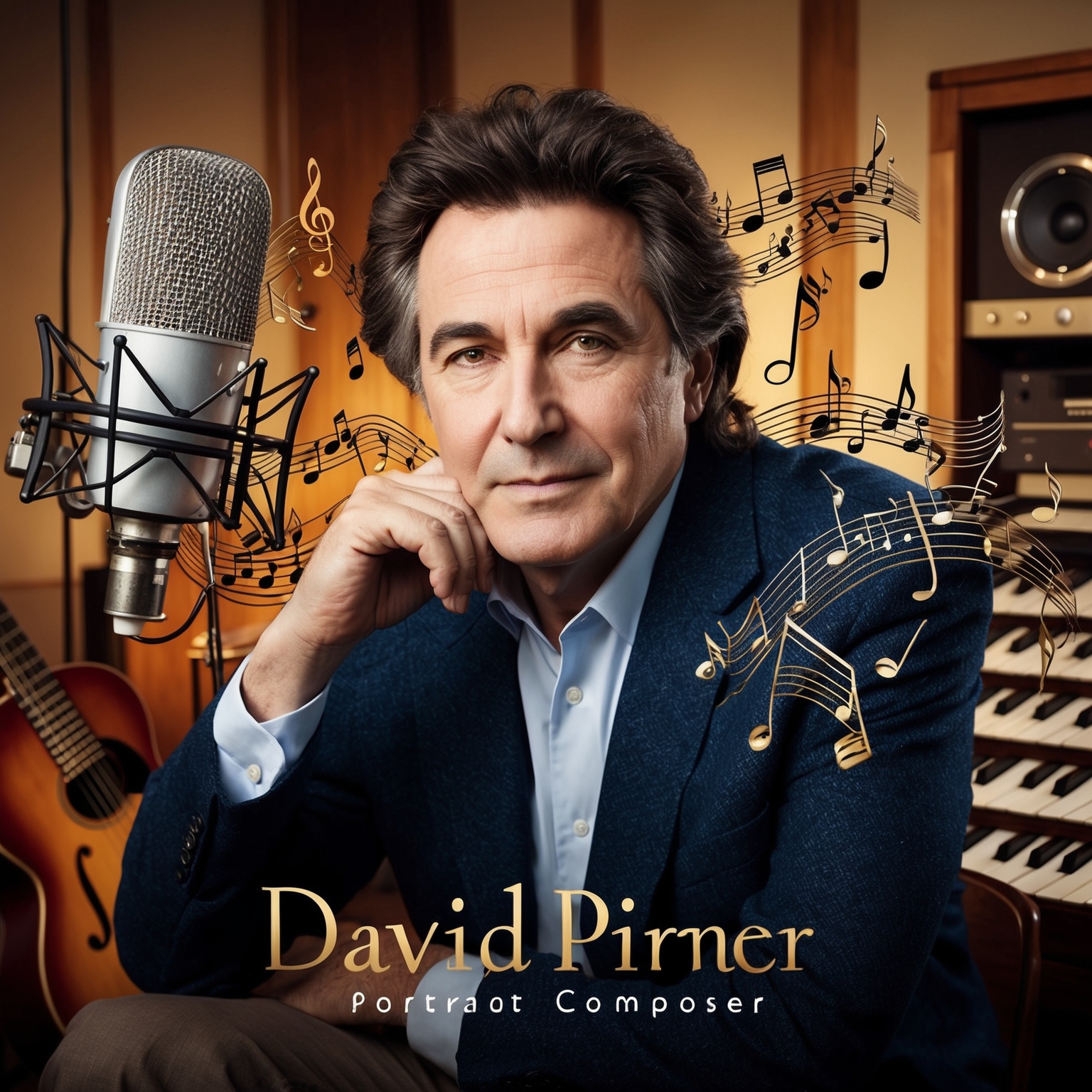
David Pirner, the primary composer of ‘Runaway Train’, is a name synonymous with creativity and talent in the world of alternative rock. Born in Green Bay, Wisconsin, and raised in Minneapolis, Minnesota, Pirner showed early musical promise, which paved the way for a career that would later earn him global acclaim. His penchant for songwriting was evident from the early days, frequently cited as demonstrating a deep emotional resonance that is often described as both haunting and anthemic. Pirner’s rise to fame was marked by his authentic vocal style and his ability to blend alternative rock with pop sensibilities, making him a standout figure in the music industry.
Pirner’s musical style is a compelling blend of alternative rock, grunge, and pop, heavily influenced by the sounds of the 1980s and 90s. His work often draws from personal experiences, societal issues, and emotional introspection, lending a raw and honest quality to his compositions. Artists and bands such as The Replacements and Husker Dü have influenced Pirner’s musical trajectory, infusing his work with a sense of urgency and authenticity that resonates with audiences worldwide.
Known for his collaborative spirit, Pirner has worked with a myriad of artists throughout his career, adding layers of richness to his compositions. Notably, his partnership with producer Michael Beinhorn on ‘Runaway Train’ was instrumental in creating the track’s unique sound, blending thought-provoking lyrics with an unforgettable melody. This collaboration highlighted Pirner’s adaptability and his skill at working synergistically with other creatives to craft a sound that is both deeply personal and universally relatable.
Pirner’s contribution to the creation of ‘Runaway Train’ was not limited to his dynamic musical composition. He played a critical role in crafting the song’s poignant lyrics, which explore themes of despair and the longing for escape. The interplay between his heartfelt lyrics and evocative melodies is a testament to his skill as a composer, giving the song its enduring appeal.
The success of ‘Runaway Train’ owes much to David Pirner’s exceptional compositional abilities. The track’s haunting melody and emotive lyrics resonated with a global audience, earning critical acclaim and commercial success. Many argue that Pirner’s composition was the linchpin of the song’s impact, elevating ‘Runaway Train’ from a mere hit to a timeless classic.
The Many Shining Moments of ‘Runaway Train’
Runaway Train’ clinched a Grammy, received numerous nominations, and inspired many covers. Its music video, rich with social impact, remains iconic.

‘Runaway Train’ by Soul Asylum left an indelible mark on the music landscape with its earnest rock sound peppered with memorable accolades and acknowledgments. The song, an emblematic piece from the early ’90s, heralded the band into mainstream success, earning significant recognition from prestigious award bodies. One of the most notable honors bestowed upon the song was the Grammy Award for Best Rock Song in 1994, a testament to its compelling narrative and enduring appeal.
In addition to its Grammy win, ‘Runaway Train’ was nominated for several other awards, cementing its status as a critical darling. The accompanying music video, which featured missing children, provided a groundbreaking social commentary that resonated deeply, leading to nominations and accolades in various music video award categories.
Not limited to awards, ‘Runaway Train’ has been lauded through various covers over the years. Among them, a touching rendition by Rosanne Cash stands out, showcasing the song’s versatility and universal themes. Furthermore, the track has made its way into pop culture, featuring in several films and television series, which helps keep its poignant legacy alive for newer generations.
Climbing the Rungs of Success: ‘Runaway Train’ on the Charts
Runaway Train’ by Soul Asylum quickly ascended the charts post-release, peaking at number five on the Billboard Hot 100, thanks to its poignant message and strategic promotion. It wasn’t just a hit but a global phenomenon, elevating the band’s commercial and critical success.
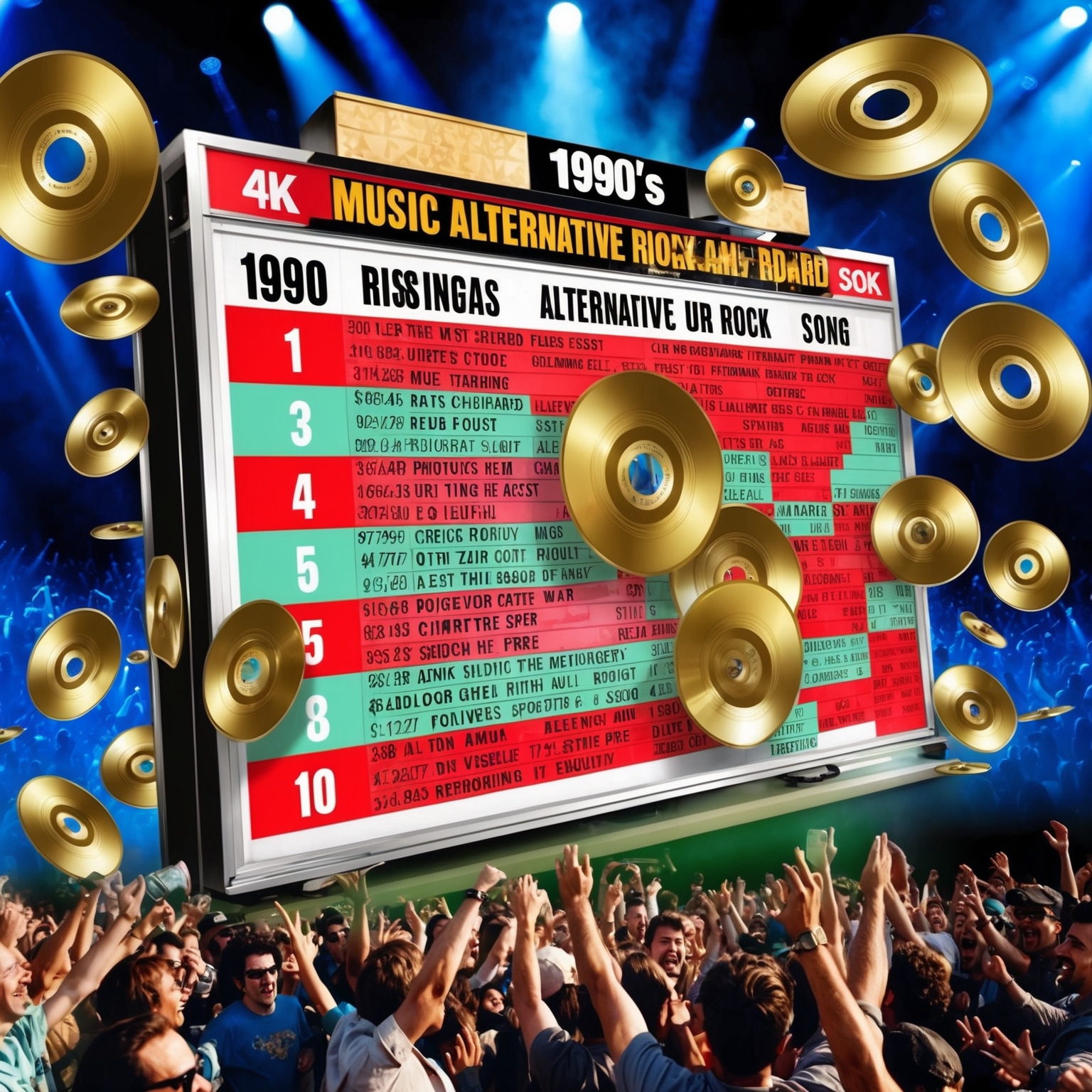
When Soul Asylum released ‘Runaway Train’ as part of their sixth studio album, Grave Dancers Union, the band had no idea it would become their defining moment on the charts. Released in June 1993, the song swiftly captured the attention of music lovers worldwide. It initially entered the Billboard Hot 100, debuting at a modest position, but the track’s raw emotion and poignant narrative propelled it steadily upwards. By June 1993, ‘Runaway Train’ reached its peak position at number five on the Billboard Hot 100, marking a significant breakthrough for the band.
Charting success for ‘Runaway Train’ wasn’t limited to the United States; the song resonated globally. In the United Kingdom, it reached the top 10, peaking at number seven on the UK Singles Chart. This was an impressive feat for the band, considering the competition from contemporaries like Nirvana and Pearl Jam. The track became not just a hit but a cultural phenomenon, distinguishing itself as one of the band’s most successful singles worldwide.
Soul Asylum benefitted from strategic marketing and promotional tactics designed to amplify ‘Runaway Train’s presence. The impactful music video played a crucial role in this, as it received heavy rotation on MTV, further cementing the song’s popularity. Critics lauded the track for its fresh sound amidst the 1990s grunge and alternative movements. Its success brought substantial financial gains, with high sales figures contributing to the album’s triple-platinum status in the United States, thus elevating Soul Asylum’s commercial standing significantly. As the song climbed the charts, it also helped increase attendance at their concerts and boosted merchandise sales, securing a lasting legacy for both the band and the track within the annals of rock history.
The Unforgettable Music Video That Amplified a Message
The music video for ‘Runaway Train’ plays a pivotal role in its success by addressing the poignant issue of runaway and missing children, amplifying the song’s reach and impact through powerful visuals and real-life narratives.
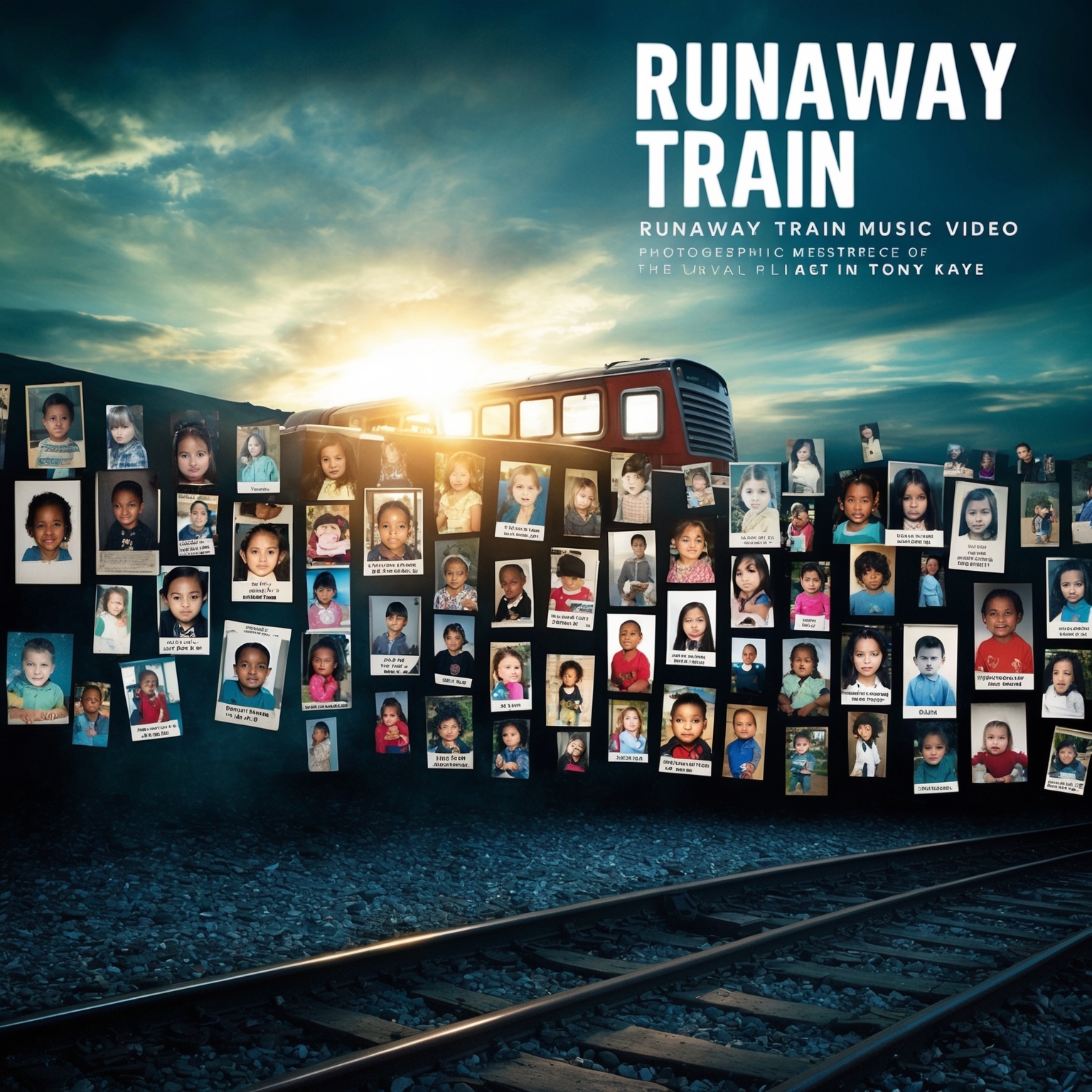
Runaway Train by Soul Asylum is accompanied by a music video that left a significant mark on popular culture. Directed by Tony Kaye, the video is known for its powerful and socially-conscious theme, focusing on the plight of missing and runaway children. The video features photographs of real missing children, offering their names along with an appeal for information about their whereabouts. The visual narrative is interspersed with clips of these children, effectively using the platform to highlight an urgent and often overlooked social issue. This unique approach wasn’t just a backdrop to the music; it became an integral part of the song’s identity.
The music video’s profound impact on the song cannot be understated. It brought an unprecedented level of awareness to both the song and the issue, catapulting it into the limelight. By raising awareness through popular media, the music video effectively broadened the reach of the song beyond just being a hit single—it made it a catalyst for social change. Many credit the success of ‘Runaway Train’ to the emotional weight carried by the music video, which not only secured the song a lasting place in music history but also demonstrated the power of music videos as a tool for social activism.
The reception of the music video was overwhelmingly positive, earning critical acclaim and several awards, including an MTV Video Music Award for Best Rock Video. Tony Kaye’s bold and poignant direction was recognized as a benchmark in music video production, setting a precedent for future works that seek to highlight important social messages. Although no celebrities appear in cameo roles, the video’s cast of real-life stories provided an authenticity that resonated with audiences around the globe, ensuring that its legacy would endure. These factors combined to make the music video a vital component of the song’s enduring global success.
Unraveling the Intricate Tapestry of ‘Runaway Train’
Soul Asylum’s ‘Runaway Train’ is a captivating composition in G major, featuring harmonious guitars, emotive vocals, and a steady rhythm, reflecting the band’s evolution to a mainstream rock sound.

The song ‘Runaway Train’ by Soul Asylum is a masterful composition that showcases the band’s adeptness in blending heartfelt storytelling with compelling musicality. Written in the key of G major, the song follows a four-chord structure that utilizes G, C, D, and Em chords, creating a melodic foundation that is both simple and emotionally resonant. The tempo is moderated, sitting around 88 BPM, which enhances its somber yet hopeful tone, allowing the lyrics to shine through.
The melody of ‘Runaway Train’ is catchy yet poignant, with a balance of tension and release that mirrors the narrative of feeling lost and yearning for direction. The harmony is mainly driven by acoustic and electric guitars, accompanied by a steady rhythm section comprising bass and drums. The use of piano and strings adds depth and an underpinning melancholy, enriching the overall sonic landscape.
In terms of instrumentation, the acoustic guitar serves as the backbone of the song, providing a warm texture that’s complemented by the electric guitar’s subtle yet powerful riffs. The bass guitar and drums maintain a consistent groove that propels the song forward, while Dave Pirner’s emotive vocal delivery drives the emotional core of the track.
Comparatively, within Soul Asylum’s discography, ‘Runaway Train’ stands as a significant evolution from their earlier, more hardcore and punk-influenced sounds. The song’s mature lyrical themes and polished production quality, attributed to producer Michael Beinhorn, reflect the band’s shift towards a more mainstream rock sound. This evolution is a testament to the band’s artistic growth, allowing them to reach a broader audience and leaving a lasting impact on 90s rock music.
There are some interesting anecdotes about the recording process as well. Recorded at the renowned Pachyderm Studio in Minnesota, the band found a creative haven where their sound could mature. Beinhorn’s production added a layer of sophistication that helped transform the song from a simple idea into a resonant anthem that continues to captivate listeners to this day.
Deciphering the Heart and Mind: A Journey Through ‘Runaway Train’ Lyrics
Explore the poignant lyrics of ‘Runaway Train’ by Soul Asylum, which artfully depict themes of isolation and emotional turmoil, using powerful metaphors and storytelling.
Like a firefly without a light
You were there like a slow torch burning
I was a key that could use a little turning
So tired that I couldn’t even sleep
So many secrets I couldn’t keep
Promised myself I wouldn’t weep
One more promise I couldn’t keep
It seems no one can help me now
I’m in too deep; there’s no way out
This time I have really led myself astray
Runaway train never going back
Wrong way on a one-way track
Seems like I should be getting somewhere
Somehow I’m neither here nor there
Can you help me remember how to smile?
Make it somehow all seem worthwhile
How on earth did I get so jaded?
Life’s mystery seems so faded
I can go where no one else can go
I know what no one else knows
Here I am just a-drownin’ in the rain
With a ticket for a runaway train
And everything seems cut and dried
Day and night, earth and sky
Somehow I just don’t believe it
Bought a ticket for a runaway train
Like a madman laughing at the rain
A little out of touch, a little insane
It’s just easier than dealing with the pain
Runaway train never going back
Wrong way on a one-way track
Seems like I should be getting somewhere
Somehow I’m neither here nor there
Runaway train never coming back
Runaway train tearing up the track
Runaway train burning in my veins
I run away but it always seems the same
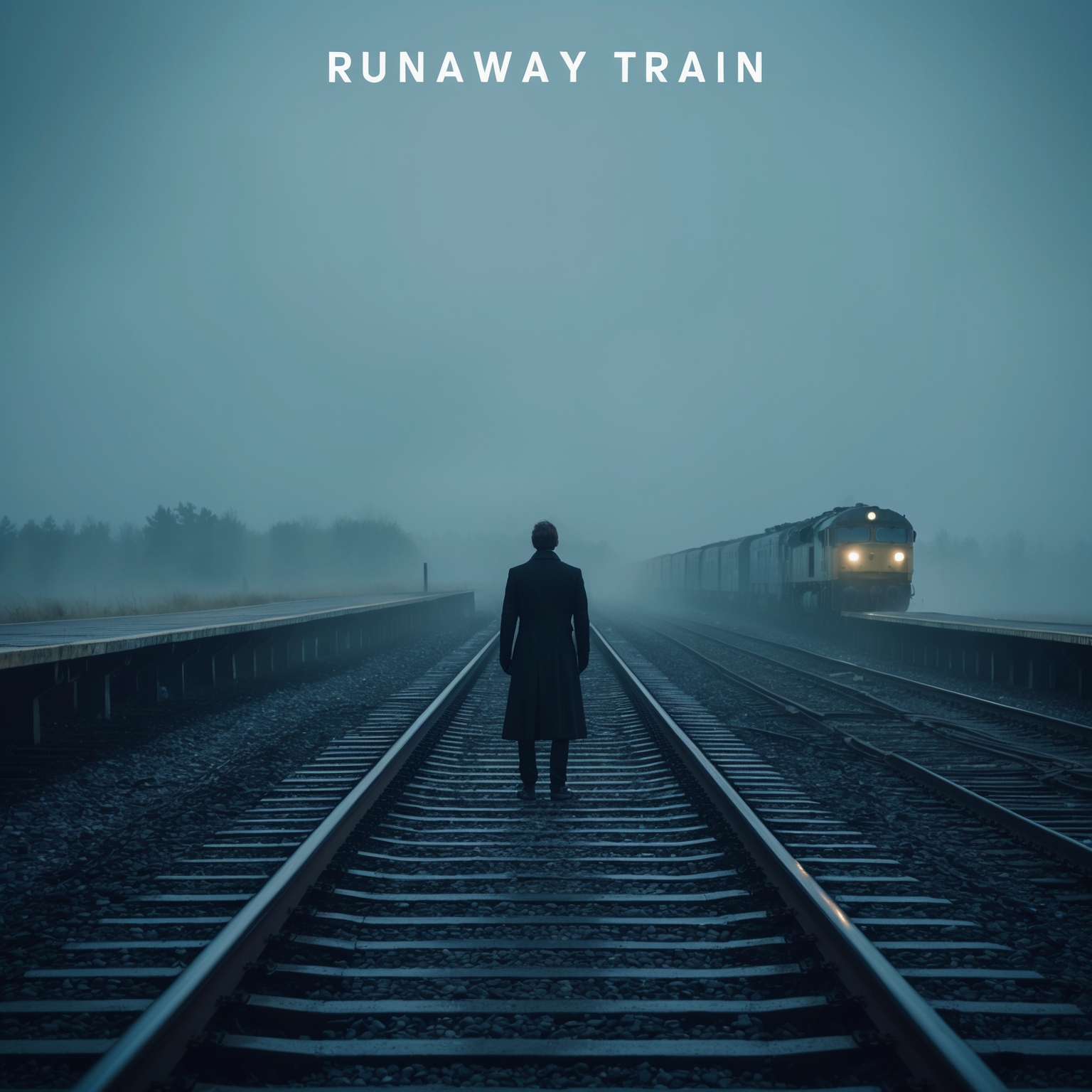 Lyrical Themes and Messages: ‘Runaway Train’ by Soul Asylum is deeply resonant, encapsulating themes of isolation, despair, and the perpetual search for identity. It evokes personal and social issues, resonating with anyone who has experienced a sense of being lost or off-track in life. The metaphor of a runaway train underscores the feeling of life spiraling out of control with no way to reverse the course. This theme reflects the anxiety and uncertainty of the early 1990s, when the song was released, making it relevant to listeners grappling with personal and societal changes.
Lyrical Themes and Messages: ‘Runaway Train’ by Soul Asylum is deeply resonant, encapsulating themes of isolation, despair, and the perpetual search for identity. It evokes personal and social issues, resonating with anyone who has experienced a sense of being lost or off-track in life. The metaphor of a runaway train underscores the feeling of life spiraling out of control with no way to reverse the course. This theme reflects the anxiety and uncertainty of the early 1990s, when the song was released, making it relevant to listeners grappling with personal and societal changes.
Narrative and Storytelling: The lyrics unfold like a poignant narrative, with the singer adopting a first-person perspective that draws the audience into their introspective journey. It’s a story of someone reaching out for connection and understanding, yet consistently finding themselves alone on this metaphorical train, conveying a vivid sense of yearning and helplessness. This personal touch makes the song emotionally impactful, providing a window into the mind of someone battling inner turmoil.
Use of Literary Devices: The lyrics are rife with metaphors, such as the runaway train symbolizing uncontrollable life events. The use of similes – like being a ‘firefly without a light’ – poignantly expresses feelings of being lost. These devices enhance the emotional weight of the lyrics, transforming personal struggles into universal experiences that many listeners can connect with. The consistent rhyming pattern also adds to the song’s hauntingly melodic nature, ensuring that its message lingers in the listener’s mind.
Cultural and Social References: While the song doesn’t one-on-one reference specific cultural events, it is heavily imbued with the prevalent angst of its era. This could relate to broader themes such as mental health and societal pressure, which were beginning to gain more attention at the time. The lyrics speak to universal struggles that transcend the decades, contributing to its timeless quality and broad appeal.
Emotional Impact and Relatability: The emotional core of ‘Runaway Train’ is undeniably potent. Its themes of loneliness and longing strike a chord with many who feel or have felt adrift. The relatability of the lyrics is a key factor in the song’s lasting success, as listeners find comfort in the shared human experience of seeking direction and purpose.
Did you know? Soul Asylum’s ‘Runaway Train’ video helped locate 21 missing kids! 🎵🚂 A rock anthem with a heart! #90sRock #FunFact #MusicTrivia tinyurl.com/5n6jrt44
Click to Tweet

